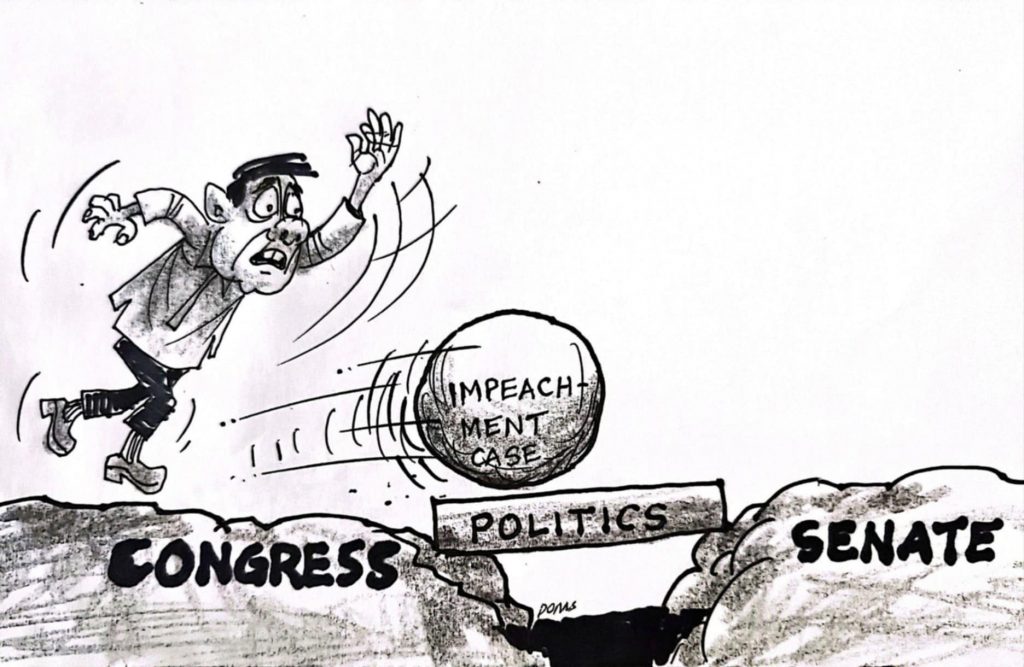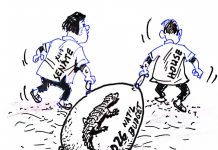The impeachment case that Congress filed against Vice President Sara Duterte is a political earthquake whose consequences will resound far beyond the halls of the legislature. Whatever the motivation behind it, this case will test the democratic institutions of the country, polarize the public, and set a dangerous precedent on how political rivalries are to be settled in the Philippines. While the country should be preparing for a period of national stability, such a move could drag it into another phase of division and political uncertainty.
Impeachment is a constitutional mechanism aimed at holding public officers accountable for high crimes and misconduct, not an instrument of political vendetta. The use of this process against the Vice President raises serious questions as to whether the charges have any foundation in real legal violations or only in political maneuvering. If this case is driven more by partisan interests than by a clear violation of the law, it undermines the integrity of the impeachment process itself and reduces it to a weapon for removing opponents rather than a safeguard of good governance.
Beyond the immediacy of legal merits, this impeachment case will further polarize political division in the country. The name of Duterte still resonates strongly and divisively within Philippine politics; this impeachment will likely exacerbate fault lines within. To the camp of the Vice President, this will be an assault; the other camp will see it as an indispensable exercise for the sake of accountability. The conflict, however, will only serve to divert attention from more important national issues and can only further cultivate cynicism among common Filipinos, who have long been used to the country’s political squabbling at the expense of genuine governance.
The case also has significant geopolitical implications. Political instability at home weakens the position of the Philippines on the world stage and exposes it to larger economic and diplomatic pressures. Such internal turbulence is noted by investors and international partners. Prolonged uncertainty could shake confidence in the country’s leadership and economic prospects. At a time when the Philippines needs to assert itself in regional affairs, specifically vis-à-vis territorial disputes and economic challenges, the country is weakened by internal political strife in its national unity and decision-making.
It is for this reason that lawmakers and political leaders must act with restraint and statesmanship to prevent this crisis from spiraling any further. Congress needs to ensure the impeachment process is based on valid legal grounds, not political vendettas. The judiciary must uphold impartiality, and the public must demand fairness over political theatrics. The country cannot afford another prolonged political battle at the expense of governance, economic stability, and national unity.




